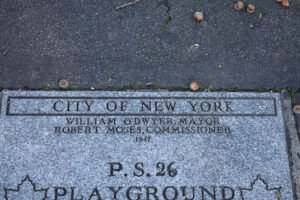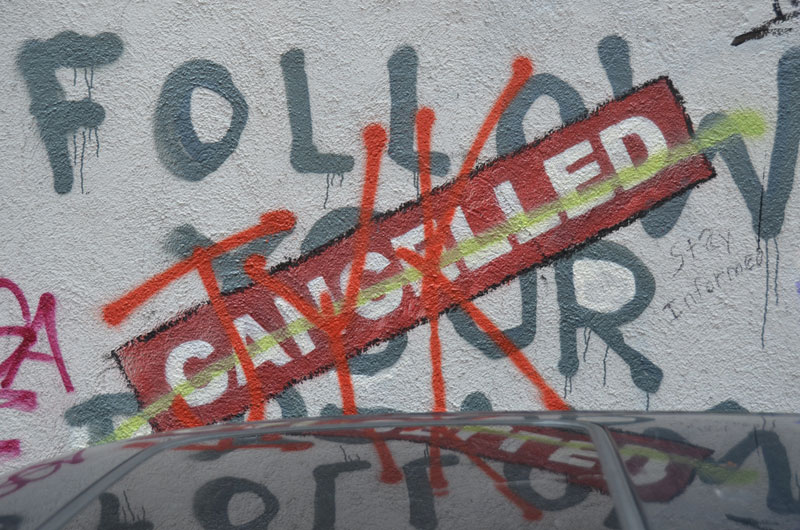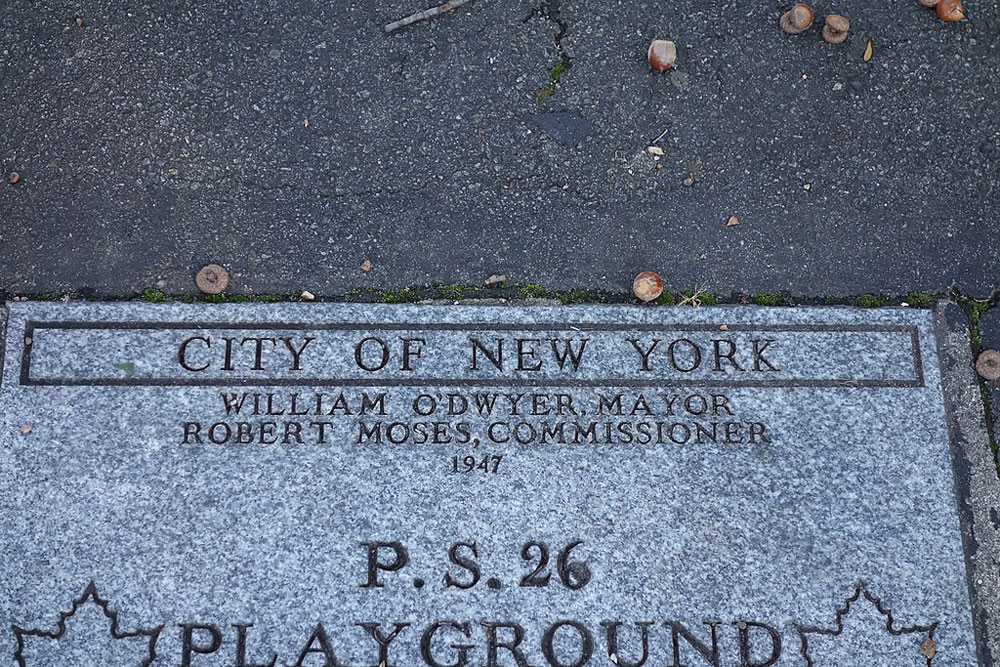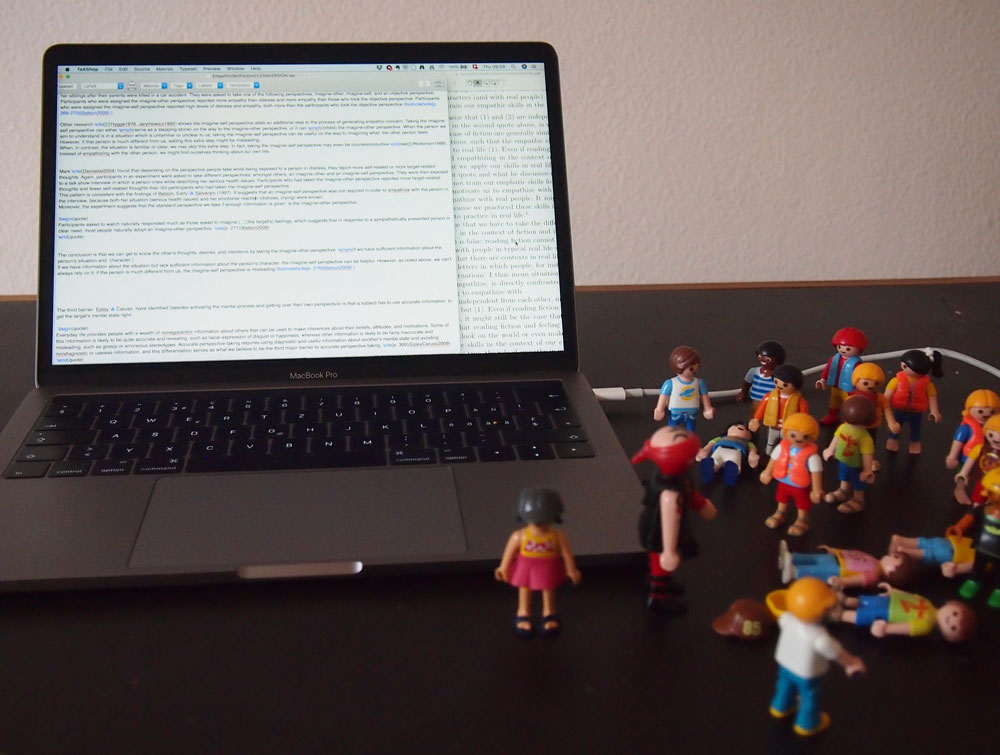April 23, 2015; WRAL-TV (Raleigh-Durham, NC) and Spartanburg Herald-Journal (Spartanburg, SC)
Two stories from the Carolinas illustrate the difficult, murky and still-emerging relationship between public school districts and the private and charter schools in their communities.
WRAL-TV in Raleigh-Durham reports that a state House Committee has refused to remove a key restriction on public funding for charter schools. Charter schools, which are public but managed by nonprofit boards, have faced certain restrictions since North Carolina first authorized them in the 1990s. They get tax money for the daily costs of educating their students, but nothing for capital needs such as buying property or constructing buildings. A bill that would have given counties the option of allocating local tax dollars to capital costs was voted down, however.
Proponents argued that by helping charters build, counties could alleviate the need to build new public schools, and they would have a lien on the property they helped finance. But opponents feared the political Pandora’s Box that competition for funds would open, and noted that the state had already given charters privileges over the past several years.
Sign up for our free newsletters
Subscribe to NPQ's newsletters to have our top stories delivered directly to your inbox.
By signing up, you agree to our privacy policy and terms of use, and to receive messages from NPQ and our partners.
Next door, a South Carolina High School League proposal forcing private schools’ sports teams to play in a larger division class violates state law, according to the state Attorney General’s Office, reports the Spartanburg Herald-Journal.
The plan would have denied private and charter schools the same “rights and privileges” as public schools as required by law, according to the opinion. The proposal would have required private and charter schools to play up a classification based on the enrollment of the public school in its attendance area. But the opinion said that the plan could violate the Equal Protection Clause of the U.S. Constitution.
“As we understand it, the proposed policy would ‘bump up’ private and charter schools one classification beyond what they would ordinarily be classified by enrollment. Public schools receive no such treatment. Such a policy, in our view, does not afford private and charter schools the ‘same rights and privileges’ as public schools…. The League would have to justify this new policy as rationally related to a legitimate governmental purpose, [but] some courts have concluded that a policy designed to equalize competition through different treatment of public and private schools does not meet the constitutional standard.”
—Larry Kaplan











